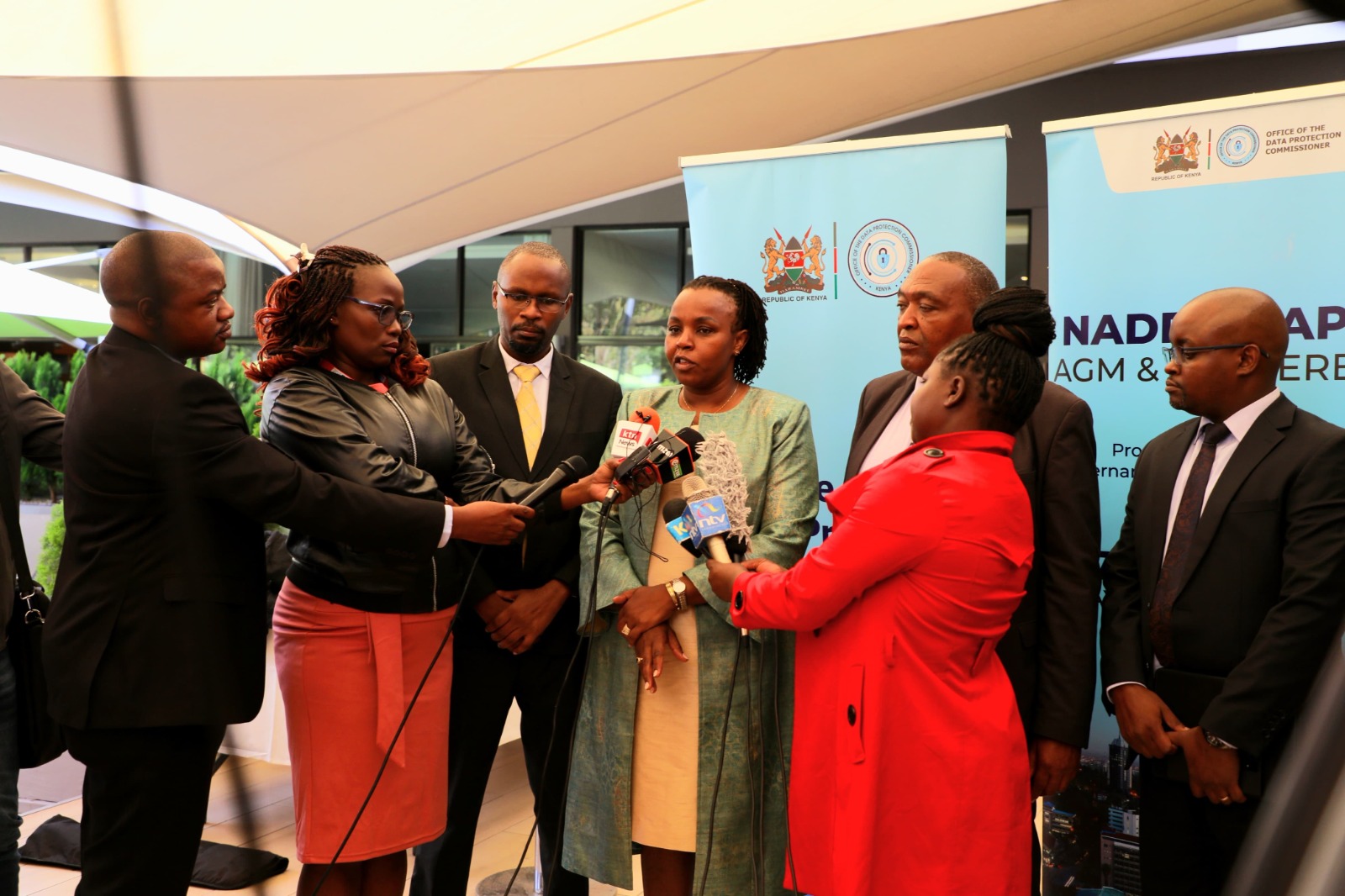Kenya is set to host the NADPA conference from May 7 to 9, 2024, providing a pivotal platform for knowledge exchange and collaboration among African data protection authorities.
The conference, organised by the Network of African Data Protection Authorities (NADPA), serves as a vital forum for privacy and data protection authorities from different regions to convene and discuss pressing issues in the field.
With the rapid digitisation of economies across the continent, data protection and privacy have become increasingly paramount. The conference aims to address emerging challenges and opportunities in data protection while fostering cooperation among member countries.
Read also: Explore Tech’s most significant event at GITEX Africa 2024 Live – the ultimate Startup show
Kenya‘s Plans for the NADPA Conference
The event will feature panel discussions, workshops, and keynote presentations covering various topics, including regulatory frameworks, enforcement mechanisms, emerging technologies, and cross-border data transfers. Participants can share insights, best practices, and lessons learned from their respective jurisdictions, contributing to developing comprehensive and effective data protection policies.
The significance of hosting the conference in Nairobi, Kenya’s vibrant capital city, cannot be overstated. Nairobi has emerged as a leading hub for technology and innovation in Africa, attracting startups, multinational corporations, and tech sector investments. By hosting the NADPA conference, Kenya reaffirms its commitment to promoting data protection and privacy rights while showcasing its position as a leader in the digital economy.
Role of Media and Data Commissioner
Principal Secretary at the State Department for Information and Communications Technology (ICT), John Tanui, emphasised Kenya’s readiness to host the conference and its dedication to advancing data protection initiatives on the continent. He highlighted the importance of collaboration among data protection authorities in addressing shared challenges and ensuring the responsible use of data across borders.
Tanui said, “Participants can look forward to delving into the nuances of data protection trends across various African countries, gaining insights into best practices, and fostering partnerships to advance data protection initiatives on the continent,” Tanui added.
Read also: USTDA’s grant enhances Kenyan Internet Infrastructure development
In addition to addressing regulatory challenges, the conference will explore the role of technology in enhancing data protection measures. Topics such as artificial intelligence, blockchain, and cybersecurity will be discussed, highlighting the opportunities and risks associated with emerging technologies in the context of data privacy.
Overall, the NADPA conference presents a unique opportunity for African data protection authorities to collaborate, innovate, and strengthen their efforts to safeguard data privacy rights in an increasingly digital world. As Kenya prepares to host this landmark event, all eyes are on Nairobi as it takes centre stage in shaping the future of data protection in Africa.



